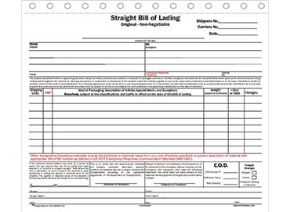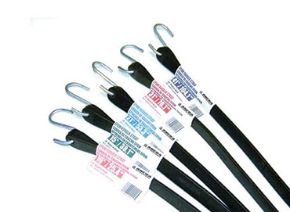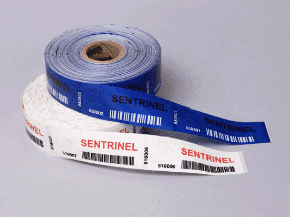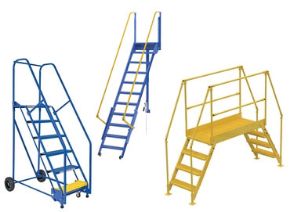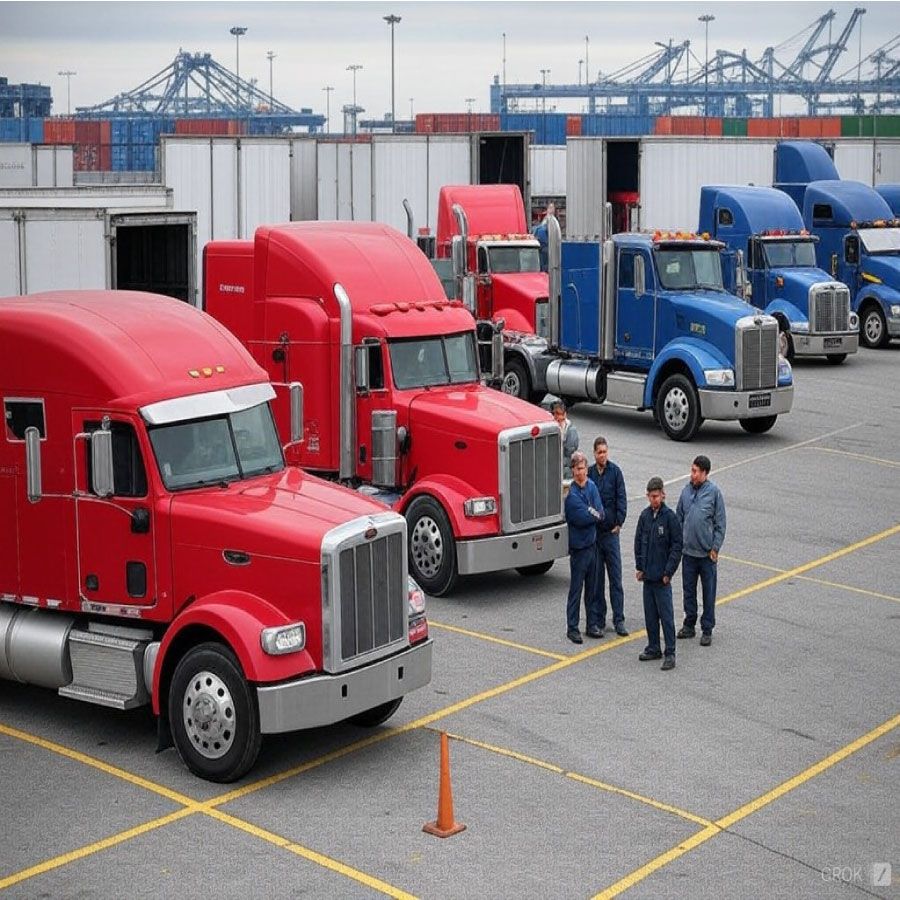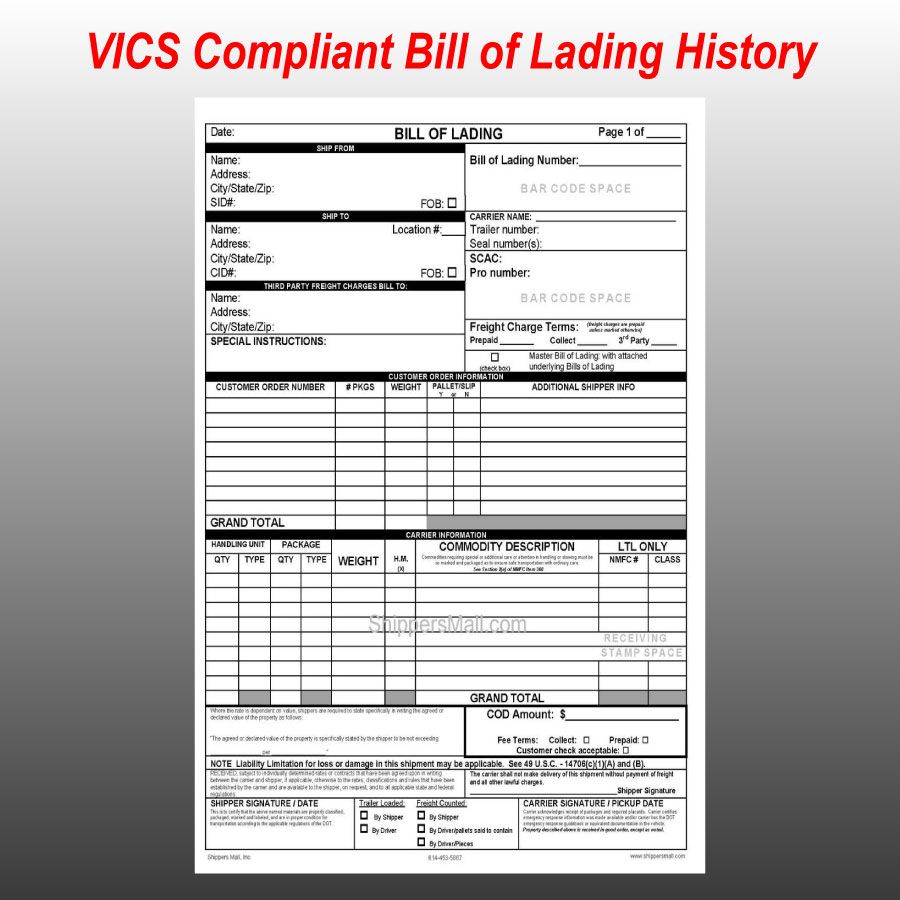The Federal Reserve is a private banking cartel controlling the U.S. money supply, creating debt, inflation, and economic instability. Founded in 1913, it benefits elites while burdening the public. Calls to abolish it grow as people push for sound money, transparency, and financial sovereignty.
RSS
Blog
21 Dec 2024 (0) FedEx Freight Spin-Off: A Strategic Move to Streamline Operations and Unlock Shareholder Value
FedEx Corporation is set to revolutionize its operations with the spin-off of FedEx Freight, its $9 billion LTL division, into a separate public company. This bold move, projected to unlock $30-35 billion in value, aims to streamline FedEx’s focus while boosting shareholder returns. Investors responded with an 8% stock surge, underscoring market confidence. By consolidating Ground and Express operations, FedEx targets enhanced efficiency and profitability. Amid this strategic shift, the freight giant faces demand uncertainties but promises a future of sharper, independent growth for both entities.
12 Dec 2024 (0) From 2020 to 2024, nearly 88,000 trucking companies and 8,000 freight brokers shut down operations.
88,000 trucking companies gone, billions in crops rotting, and empty containers prioritized over exports—while shipping giants raked in $70 billion in profits during the 'plandemic.' Discover how fear-mongering port closures and corporate greed reshaped global trade, leaving small players crushed and mega-corporations thriving. The shocking divide between those who suffered and those who seized the opportunity will leave you questioning everything about the supply chain chaos of 2020-2024!
The VICS-compliant Bill of Lading revolutionized shipping documentation by standardizing formats to reduce errors, simplify communication, and improve efficiency. Originating from the VICS Association, it evolved under GS1 US, transitioning into digital eBOLs and becoming a cornerstone of modern global logistics.
Blog search
Blog archive
- 2025
- 2024

